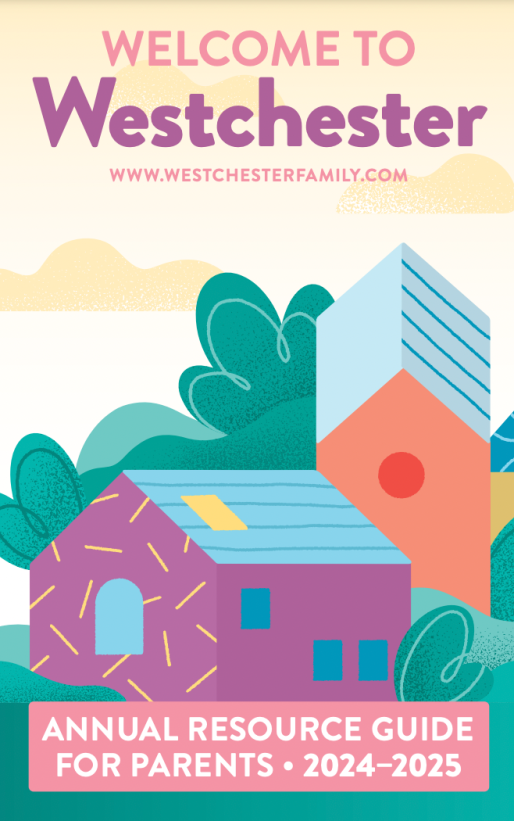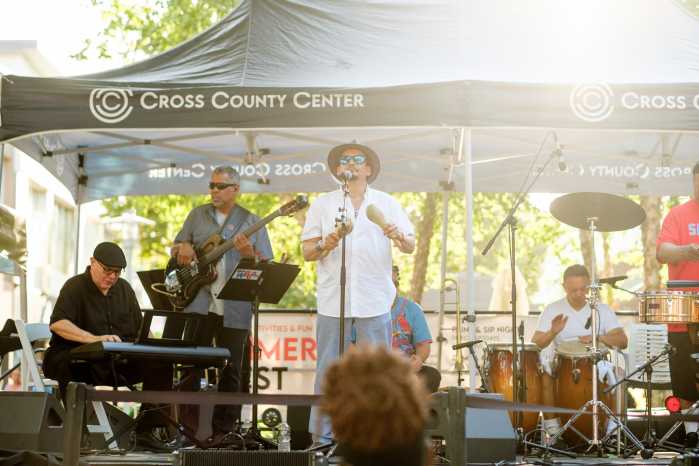Head lice. Just mentioning them makes most people start scratching their heads. But is it possible these tiny, blood-sucking creatures are actually getting too bad of a rap?
Head lice don’t transmit disease. For all intents and purposes, having head lice should be no more than an annoyance. There are successful treatment approaches including prescription treatments that are effective after only one application. But tell someone you have head lice, and you should be prepared for them to take a visible step backward. Now imagine that happens in school among your children’s classmates.
It is no wonder parents worry when their child is found to have head lice that he or she will be readily stigmatized. When children have lice, their peers can be downright mean – excluding them from parties, isolating them at lunch time, and generally making them feel dirty.
Parents fear their children will be ostracized, and that makes them hesitant to tell anyone their child has lice. Because of this, lice can often be difficult to get under control. If parents don’t feel safe voluntarily telling you they have lice, it’s difficult for them to seek help and inform others.
What’s more, it’s not just children with head lice who are ostracized and stigmatized – stigma actually extends out to the whole family. Siblings are teased, even if they don’t have lice, and parents can find themselves left out of social situations. And once the stigma reaches all members, the family can become labeled as a “Lice Family” – a moniker that can stick long after the head lice are gone.
The social isolation of children with lice isn’t just the work of bullies; it’s often school-sanctioned. Many schools still have a “no-nit” policy, which mandates any child found to have lice and/or nits be sent home and kept out of school. This zerotolerance policy not only causes the child to miss valuable learning opportunities, but also puts him or her at risk of bullying and encourages isolation. No-nit policies have come under fire, most recently from the American Academy of Pediatrics (AAP), which recently issued new guidelines denouncing the policy.
“International guidelines established in 2007 for the effective control of head lice infestations stated that no-nit policies are unjust and should be discontinued because they are based on misinformation rather than objective science,” the AAP wrote in their policy statement. “The American Academy of Pediatrics and the National Association of School Nurses discourage no-nit policies that exclude children from school.”
Time for Change
So if there’s no merit to the policy, how do we go about changing it? It starts by educating parents.
Many parents worry about transmission, even though it’s much more difficult than people may believe. In most cases, transmission occurs by direct head-to-head contact. Indirect spread through contact with personal belongings of an infested individual (combs, brushes, hats, etc.) is much less likely to occur. Lice found on combs are likely to be injured or dead, and a louse is not likely to leave a healthy head unless there is a heavy infestation.
Parents should have a plan of attack in place before head lice hits their household – and talk about this plan with other parents to help reduce the stigma. This approach should include contacting your child’s health care provider as soon as possible to discuss the best treatment for your family, which may be a prescription option.
By understanding that lice aren’t the indestructible monsters we have come to believe, parents can stop the stigma, stop the bullying and stop the isolation. We need to debunk the misconceptions, so parents are more aware of their treatment options.
Shirley C. Gordon, Ph.D., R.N. directs the Head Lice Treatment and Prevention Project at Florida Atlantic University Christine E. Lynn College of Nursing where she also serves as Professor and Assistant Dean. For more information and educational resources on head lice, visit HeadfirstLiceLessons.org
Westchester Area Lice Removal Specialists
Lice Connection
Barbara Gips
666-LICE (5423)
Lice Expert of Westchester
Dale Longworth
424-1367
The Lice Lady
Anna Krosche
497-5465
LiceXchange
Debra Rosen
917-657-0249










